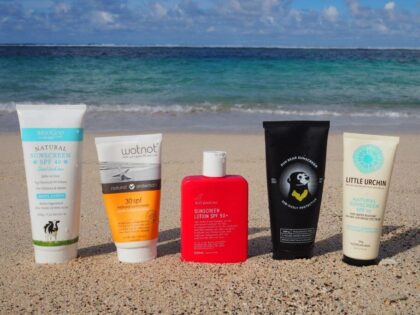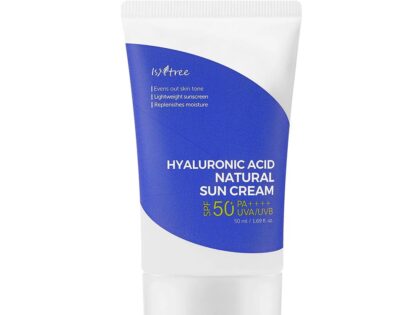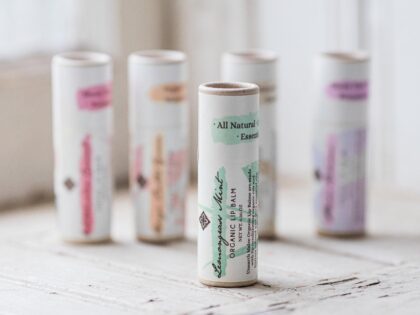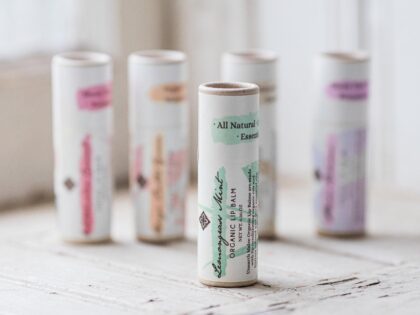Exploring the Benefits of Organic Lip Balms for Lip Care
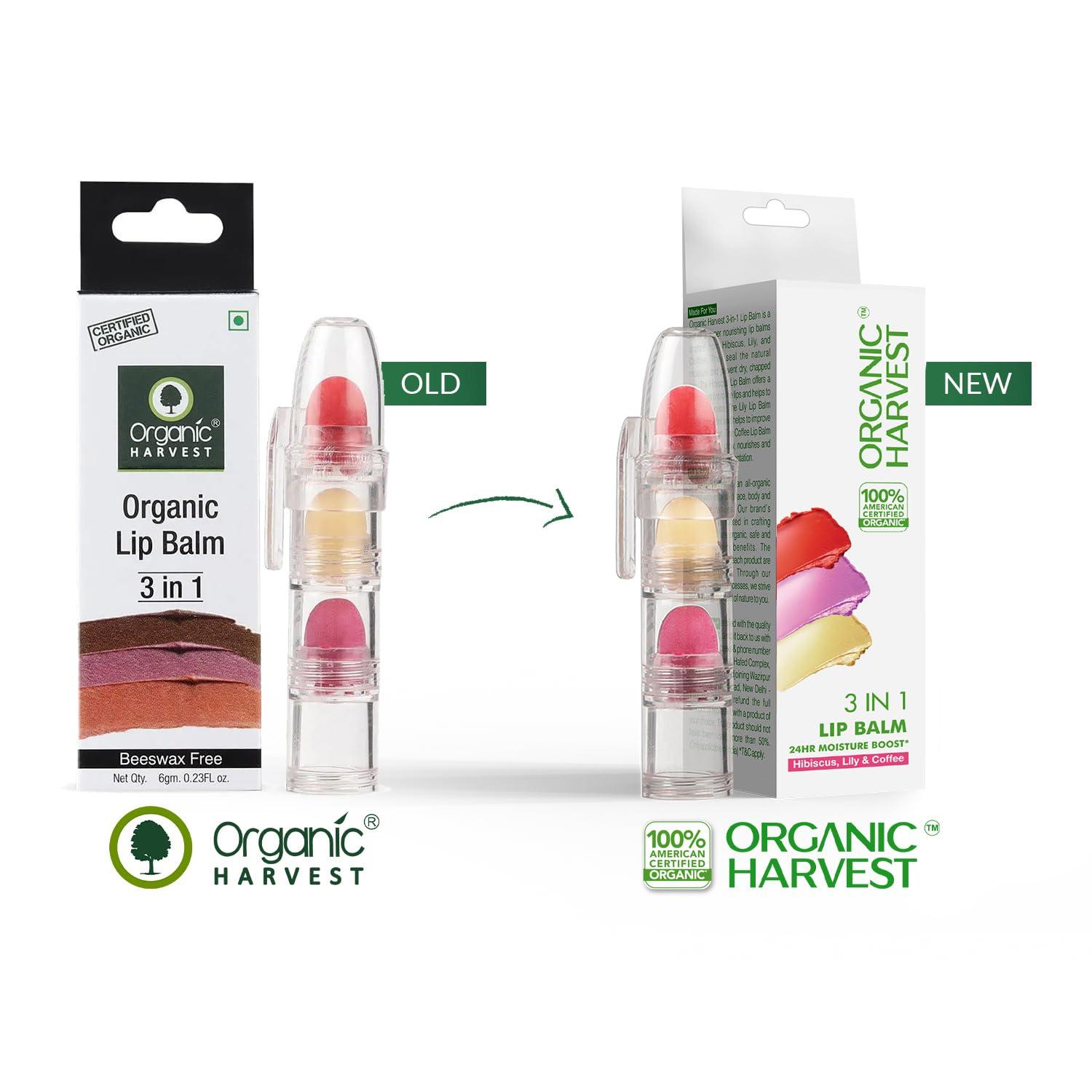
In recent years, the importance of natural and organic products has gained significant attention, especially in the realm of personal care. Among these products, organic lip balms have emerged as a popular choice for those seeking effective and environmentally friendly lip care solutions. Unlike conventional balms that may contain synthetic ingredients, artificial fragrances, and harmful chemicals, organic lip balms are formulated with natural components designed to nourish and protect the delicate skin of the lips. This article will explore the benefits of using organic lip balms, including their health advantages, environmental impact, and the potential for enhanced moisturization and healing properties. By delving into the features that set organic lip balms apart from their non-organic counterparts, we aim to provide readers with a complete understanding of why making the switch to organic lip care might potentially be a beneficial choice.
Understanding the Ingredients in Organic Lip Balms
When choosing an organic lip balm, it’s essential to understand the natural ingredients it contains and how they contribute to the health and hydration of your lips. Beeswax, frequently enough used as a natural thickener, helps to create a protective barrier on the skin, locking in moisture while keeping harmful elements at bay. Coconut oil, known for its penetrating abilities, provides deep hydration and nourishment, making it an excellent base for lip products. Other common ingredients include shea butter, which soothes and softens, and essential oils that can add fragrance and additional therapeutic benefits without synthetic additives.
Moreover, organic lip balms avoid harmful synthetic chemicals that can irritate the sensitive skin on your lips. Instead, they typically feature plant-based extracts that provide action against dryness and cracking. Commonly found botanicals and extracts include:
- Rosehip Oil – Rich in vitamins A and C, it helps promote skin regeneration.
- Calendula Extract – Known for its healing properties, ideal for chapped lips.
- Jojoba Oil - Mimics the skin’s natural oils, ensuring optimal moisturization.
This commitment to natural ingredients not only supports the health of your lips but also aligns with lasting practices. Here’s a fast comparison of beneficial properties:
| Ingredient | Benefit |
|---|---|
| Beeswax | Protects and retains moisture |
| Coconut Oil | Deeply hydrates and nourishes |
| Shea Butter | Softens and soothes dry skin |
Comparing Organic and Conventional Lip Care Products
When it comes to lip care, understanding the differences between organic and conventional lip care products can guide consumers in making informed choices. Organic lip balms are formulated with natural ingredients free from synthetic chemicals, preservatives, and artificial fragrances. They often feature botanicals, essential oils, and natural waxes, providing hydration and nourishment while being environmentally friendly. In contrast, conventional lip care products may contain petroleum-based ingredients and preservatives, which can lead to potential skin irritation or allergic reactions. Many users report that organic options often result in softer, healthier lips without the harmful side effects linked to chemical-laden products.
Here are some key differences that can help you choose between the two:
- Ingredient Source: Organic products use naturally sourced ingredients, while conventional ones rely on synthetic compounds.
- Environmental Impact: Organic lip balms are typically produced sustainably, whereas conventional products may have a larger ecological footprint due to harmful manufacturing practices.
- Allergen Potential: Organic formulations generally have a lower risk of causing allergic reactions compared to their conventional counterparts.
The following table compares the main characteristics of organic and conventional lip balms:
| Feature | Organic Lip Balms | Conventional Lip Balms |
|---|---|---|
| Ingredient Quality | Natural and organic | Synthetic and chemical |
| Skin Compatibility | Hypoallergenic | Potential irritants |
| Environmental effect | Sustainable | Higher carbon footprint |
| Moisturization Level | Deeply hydrating | Surface-level hydration |
Benefits of Natural Oils and Butters for Lip Health
Natural oils and butters are powerhouses of nourishment for your lips, offering a plethora of benefits that synthetic products frequently enough fail to provide. These organic ingredients are rich in essential fatty acids, vitamins, and minerals that deeply hydrate and condition the delicate skin of your lips. Coconut oil, for example, is renowned for its moisturizing properties and its ability to penetrate deeply, ensuring your lips stay soft and supple. Similarly, shea butter not only provides intense hydration but also contains anti-inflammatory compounds that can soothe chapped lips and protect them from harsh environmental factors.
Another significant advantage of using natural oils and butters is their ability to create a protective barrier on the lips, which helps to lock in moisture and prevent dryness. Ingredients like jojoba oil and almond oil mimic the skin’s natural oils, making them perfect for lip care as they enhance the skin’s ability to retain hydration. Additionally, many organic oils are packed with antioxidants that combat oxidative stress, promoting overall lip health. The incorporation of these ingredients into your lip care routine can lead to noticeable improvements, leaving your lips not only feeling better but looking plump and vibrant.
Choosing the Right Organic Lip Balm for Your Needs
When selecting an organic lip balm, it’s essential to consider your specific lip care needs as different formulations cater to various concerns. Look for products that utilize natural ingredients known for their restorative properties such as shea butter, coconut oil, and beeswax. Each of these components offers unique benefits; for instance, shea butter deeply moisturizes, while coconut oil provides antibacterial properties.If you tend to deal with dry, cracked lips, a balm enriched with hyaluronic acid or aloe vera can enhance hydration levels effectively.
It’s also wise to check for additional features in the lip balm. Some balms may contain natural sun protection or combined essential oils to enhance aroma and provide soothing effects. To ease your decision-making process, consider creating a shortlist based on the following criteria:
- Ingredient Safety: Ensure there are no artificial fragrances or harmful chemicals.
- Consistency: Decide if you prefer a thicker, more emollient balm or a lighter, more breathable option.
- Flavor: Consider whether you want a flavored balm or a more neutral one.
Q&A
Q&A: Exploring the Benefits of Organic Lip Balms for Lip Care
Q1: What are organic lip balms?
A1: Organic lip balms are lip care products made from natural ingredients that are derived from organic farming practices. These balms typically do not contain synthetic chemicals, artificial flavors, dyes, or preservatives. Instead, they are formulated using organic waxes, oils, and butters that nourish and protect the lips.
Q2: What are the key benefits of using organic lip balms?
A2: The key benefits of using organic lip balms include:
- Chemical-Free Ingredients: Organic lip balms avoid harsh synthetic chemicals that can irritate the skin.
- Moisturization: Natural oils and butters, such as coconut oil, shea butter, and jojoba oil, provide intense hydration to the lips, preventing dryness and chapping.
- Environmental Impact: Organic farming practices are often more sustainable, possibly reducing harm to the habitat compared to conventional farming methods.
- Cruelty-Free Options: Many organic lip balms are created without animal testing and use vegan ingredients, appealing to consumers seeking ethical products.
- Skin Compatibility: Organic ingredients are generally gentler on sensitive skin, making them suitable for individuals prone to allergies or irritations.
Q3: How do organic lip balms compare to conventional lip balms?
A3: Organic lip balms differ from conventional lip balms primarily in ingredient sourcing and formulation. Conventional lip balms frequently enough contain synthetic additives, preservatives, and petroleum-based products that may not provide the same level of nourishment or moisture. Organic lip balms, being made from natural ingredients, are typically more biocompatible with the skin and are less likely to cause adverse reactions.
Q4: Are there any potential downsides to using organic lip balms?
A4: While organic lip balms have many benefits, some potential downsides may include:
- Shelf Life: Without synthetic preservatives, organic lip balms may have a shorter shelf life, necessitating more frequent replacement.
- Cost: Organic products can be more expensive due to the cost of sourcing high-quality ingredients and sustainable practices.
- Effectiveness: Users may find that not all organic balms provide the same level of moisture or protection as their conventional counterparts, as effectiveness can vary based on formulation.
Q5: How should I choose an organic lip balm?
A5: When selecting an organic lip balm, consider the following:
- Ingredient List: Look for products with a short list of recognizable, organic ingredients. Prioritize natural oils and butters for hydration.
- purpose: Choose a balm that meets your specific needs, such as extra hydration, sun protection, or flavor preferences.
- Certifications: Verify whether the product is certified organic by recognized organizations to ensure adherence to organic standards.
- User Reviews: Reading reviews can provide insight into the effectiveness and performance of various organic lip balms.
Q6: Can organic lip balms be beneficial in different climates?
A6: Yes, organic lip balms can be beneficial in various climates. In cold and dry weather, they can create a protective barrier against harsh elements, while in hot climates, they can provide moisture and relief from sun exposure. Choosing the right formula, such as one with added SPF for sun protection, can enhance their effectiveness based on your environment.
Q7: Are organic lip balms suitable for everyone?
A7: Generally, organic lip balms are suitable for most individuals; however, those with specific allergies or sensitivities should carefully review ingredient lists. It is always advisable to perform a patch test before full submission, especially for people with known skin sensitivities.
Concluding Remarks
the shift towards organic lip balms represents not just a trend but a growing awareness of the importance of natural ingredients in personal care. The benefits of using organic lip balms are manifold, from minimizing the risk of irritation caused by synthetic chemicals to providing superior hydration and nourishment for the lips. By opting for products made from organic components, consumers can support sustainable farming practices while ensuring their lips receive the best possible care. As awareness of the health and environmental impact of our choices continues to increase, organic lip balms stand out as a simple yet effective way to enhance lip health while aligning with a more natural lifestyle. Whether you’re a longtime advocate for organic products or just beginning your journey into natural skincare, considering organic lip balms might potentially be a valuable addition to your lip care routine.

